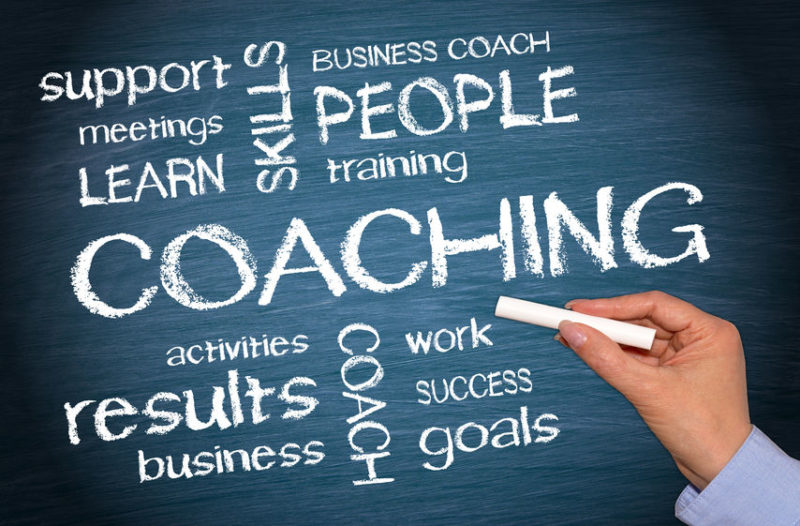
Coaching for Performance - Increasing Leadership When the Stakes are High
Coaching, we have heard that word many times. There are many descriptions, beliefs, and biases about what coaching is. We hear the word “coaching” to be used to support excellence in sport, and in the workplace we hear leaders “coach” employees by providing constructive performance feedback, giving directive advice, and helping professionals and leaders to be their best. The definition and utilization of coaching is broadly interpreted, but ultimately it is best used to optimize performance and develop strategies to build and sustain effectiveness.
Let’s explore Leadership Coaching in particular, which is a personalized, in-depth process that enhances a leader’s capability to advance toward organizational and personal goals for short-term and long-term success. Today, many leaders are balancing a changing landscape in these economic times. Now, more than ever, they are expected to step up and produce more with less, such as less resources due to downsizing, changing roles, lower team motivation and engagement, and organizational demands to save and produce every penny. Does this sound familiar?
Leaders are feeling the pressure and many need help to keep them accountable and on the right track. As such, some reach out to work with a Coach to help them navigate through the demands and expectations of being a better leader. We have all heard the saying “it is lonely at the top”, and many struggle to find the support for their own development (and sanity!), and someone to test their assumptions and provide unbiased feedback. Performance and results are what we get recognized and rewarded for, not effort, but results!
Getting results means leading people, and it is complex, no question. It seems simple and straightforward, but many leaders that I have worked with find it difficult to develop the discipline to balance the demands of their technical expertise and how to have feedback – rich performance conversations with their people about the vision, purpose, setting realistic goals and performance expectations, and the business processes that are essential to positively impact performance. Many avoid the tough conversations with hopes that performance will naturally improve over time, but that rarely happens, resulting in missed opportunities to address the performance pitfalls and quickly get back on focus.
How is coaching effective? Coaching is effective when leaders want to think and be different. These leaders are self-aware and want to be better, and they are ready to challenge and shift their current state. They may be in a new leadership role, a high performer looking to increase their skills and knowledge as part of their Succession Plan, or someone looking to break down barriers to more effectively execute and surpass their goals.
Coaching works! There is a direct correlation between leadership effectiveness and employee and organizational performance. The opportunity to be coached is an experience to cherish, and it takes time to create sustainable change. Over time statistics have proven that leaders have maximized their potential and improved work performance by 70%, gained more self-confidence by 80%, improved relationships by 73%, and saw more effective team performance by 51%, producing an overall ROI of 86%. These are serious statistics that validate how no one achieves this level of success in isolation.
Do you know if yourself, an employee or a colleague may be inspired to explore coaching? A quick evaluation of the following questions may be helpful for you to engage in an initial discussion:
- What do you wish your people were doing differently that isn’t happening today?
- Are you managing your commitments and delivering on the results that are expected?
- What conversations have you had with your people to determine their level of engagement, and actions
- taken to address less than desired performance?
- What difference would it make if the quality of your relationships were stronger?
- What more do I need to accomplish?
If you or someone you know could benefit from coaching, reach out to us at Osborne – we have experienced Executives Coaches who can help.
Shannon Mayer
Senior Advisor
